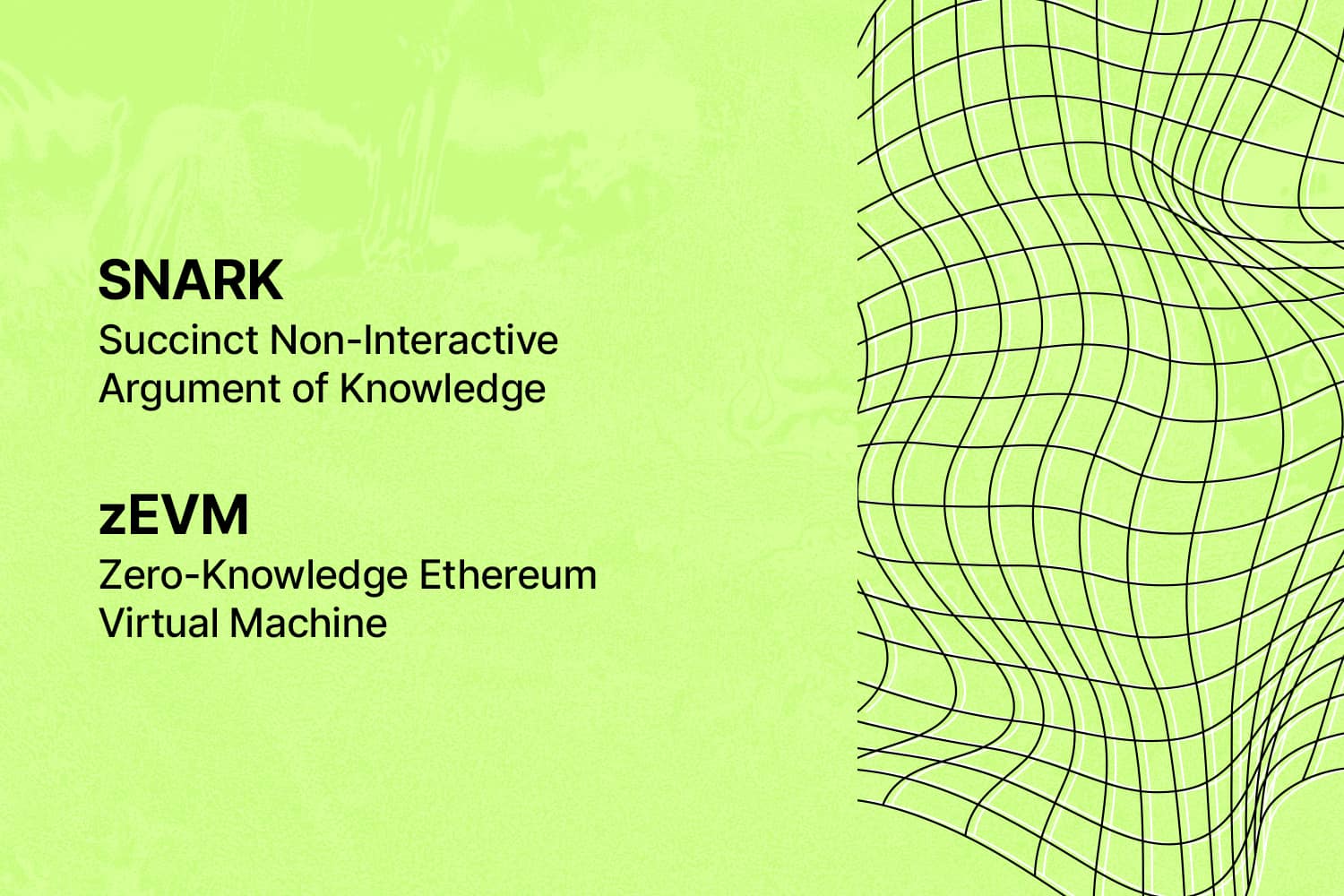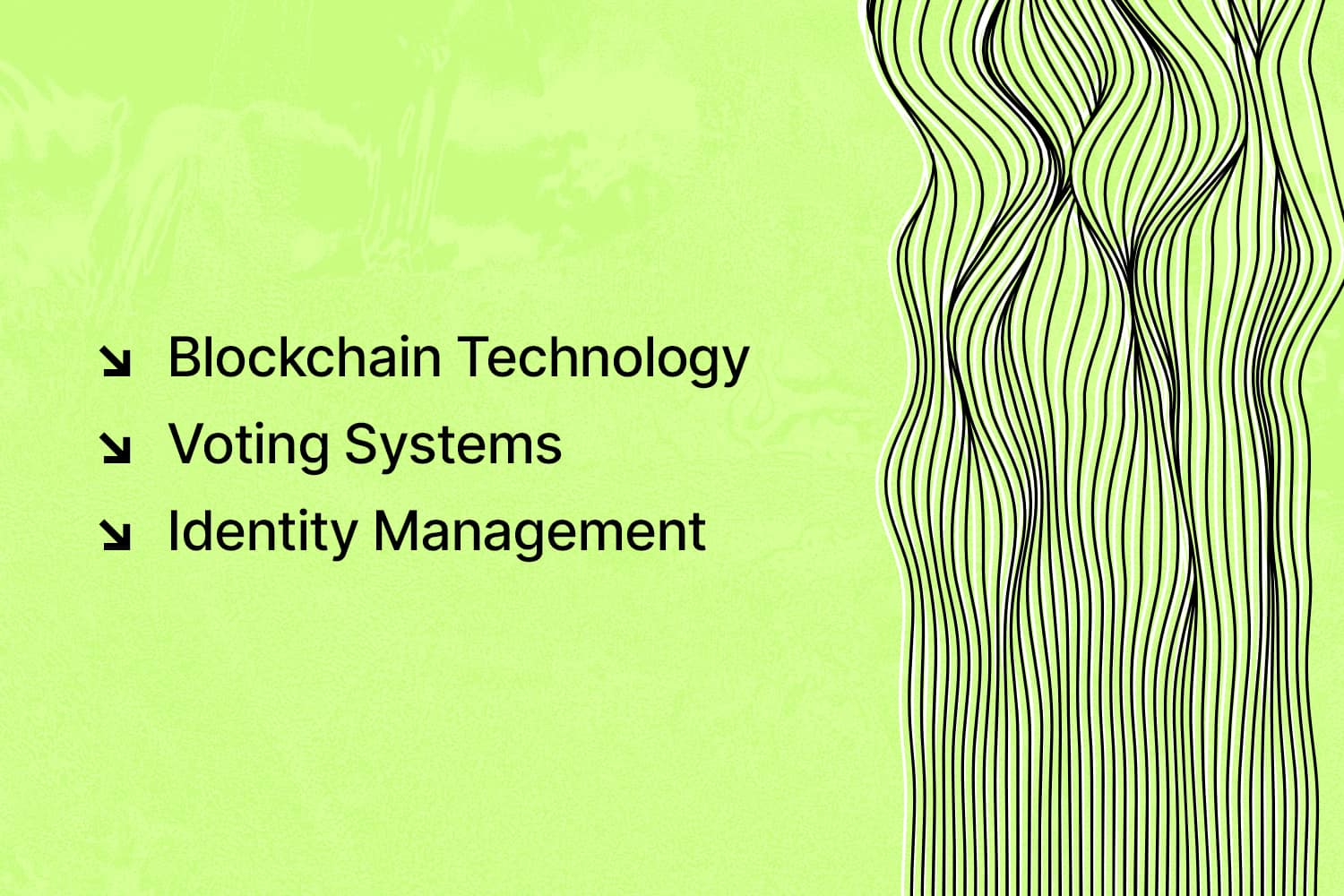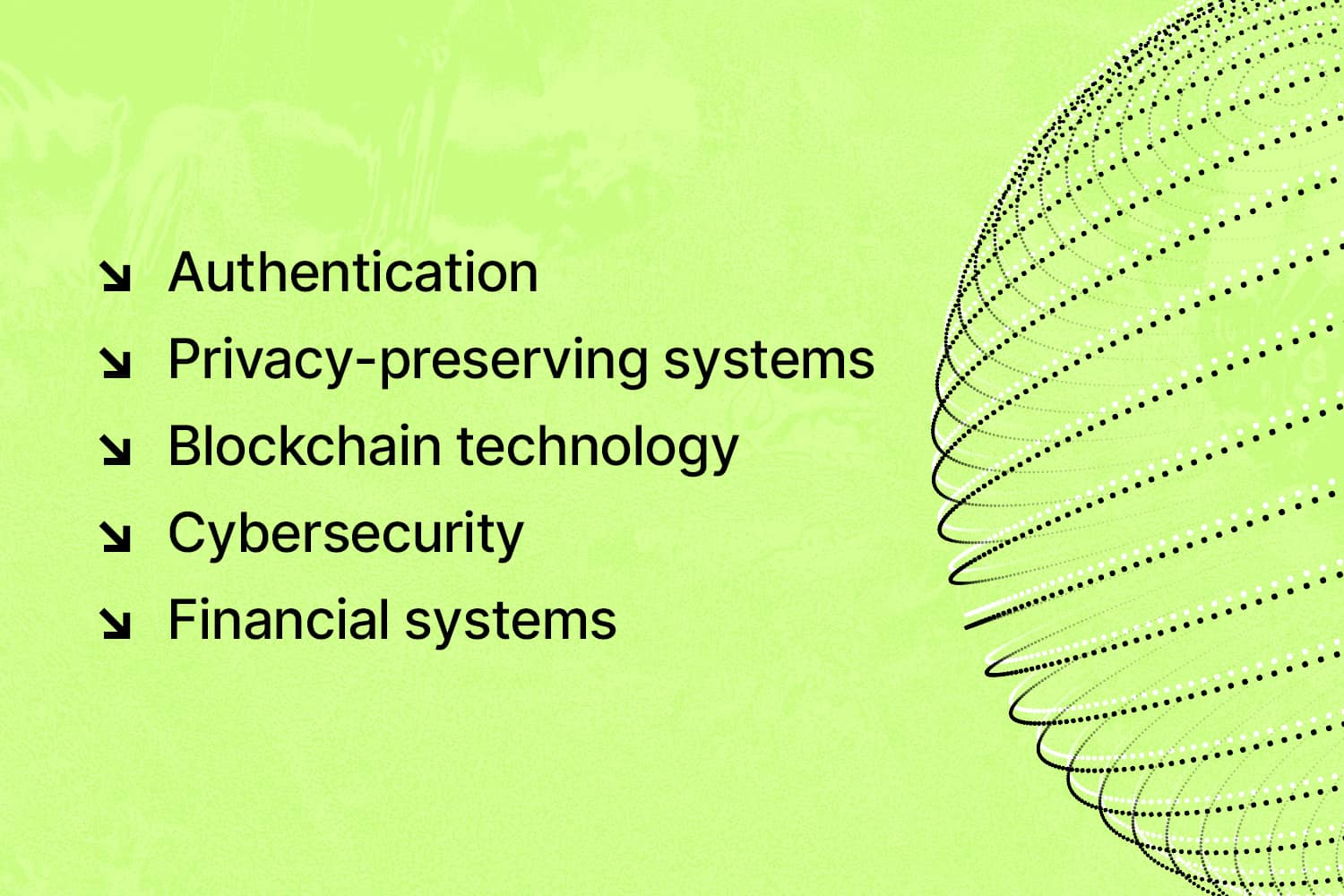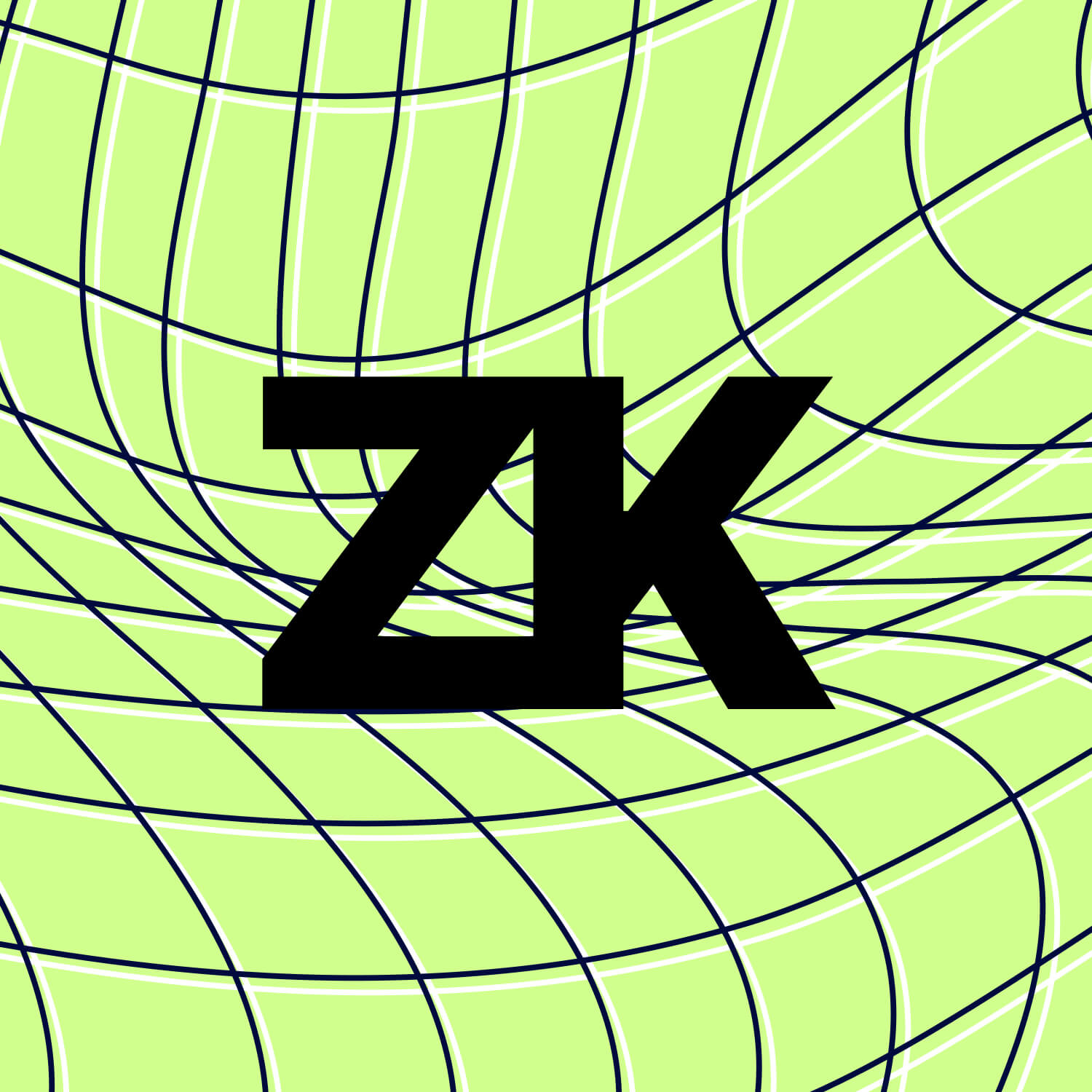Zero-Knowledge Proofs (ZKPs) are cryptographic protocols that allow one party (the prover) to prove to another party (the verifier) that a particular statement is true, without revealing any other information apart from the statement’s truth. In recent years, there have been significant advancements in ZKPs, especially with the advent of Succinct Non-Interactive Argument of Knowledge (SNARK) and Zero-Knowledge Ethereum Virtual Machine (zEVM) technologies. These advancements have made it possible to implement ZKPs in various applications, including blockchain technology, voting systems, and identity management.
Advancements in ZKP Technology

Succinct Non-Interactive Argument of Knowledge (SNARK)
SNARK is a type of ZKP that is non-interactive and allows for the verification of computations without the need to run them. In other words, SNARKs enable one to prove that they have performed a computation without revealing any details of the computation itself. This technology has been successfully implemented in various blockchain platforms, including Zcash, which is a privacy-focused cryptocurrency that uses SNARKs to hide the sender, receiver, and transaction amount on its blockchain.
SNARKs have been a game-changer in the field of blockchain, especially in terms of privacy. With SNARKs, one can prove that they have performed a computation without revealing any of the details of the computation itself. This has significant implications for privacy, especially in scenarios where one’s identity needs to be hidden, such as with Zcash. Zcash’s implementation of SNARKs has made it possible to have a privacy-focused cryptocurrency that allows users to transact with each other without revealing any personal information.
Zero-Knowledge Ethereum Virtual Machine (zEVM)
Another significant development in ZKPs is the Zero-Knowledge Ethereum Virtual Machine (zEVM). This technology allows smart contracts to be executed on the Ethereum blockchain while keeping the inputs and outputs of the contract private. The zEVM is an improvement over the regular Ethereum Virtual Machine (EVM) as it provides a higher level of privacy and security. It is achieved by using cryptographic primitives such as ZKPs and homomorphic encryption.
The zEVM is a significant development in the field of blockchain, especially in terms of privacy and security. With the zEVM, smart contracts can be executed on the Ethereum blockchain without revealing any personal information. This has significant implications for privacy, especially in situations where sensitive data needs to be kept private. The zEVM is also an improvement over the regular EVM as it provides a higher level of security, making it more difficult for attackers to manipulate the blockchain.
Recent Applications of ZKPs

ZKPs in Blockchain Technology
ZKPs have found significant applications in blockchain technology, especially in the area of privacy. One of the most popular examples is Zcash, which uses SNARKs to hide the sender, receiver, and transaction amount on its blockchain. Other blockchain projects that use ZKPs include Aztec Protocol, which uses ZKPs to enable confidential transactions on the Ethereum blockchain, and StarkWare, which uses ZKPs to improve scalability and privacy on the blockchain.
The Aztec Protocol is an excellent example of how ZKPs can be used to enable confidential transactions on the blockchain. With the Aztec Protocol, users can transact with each other without revealing any personal information, making it an ideal solution for privacy-focused applications. The StarkWare project is another excellent example of how ZKPs can be used to improve scalability and privacy on the blockchain. With StarkWare, users can perform transactions without revealing any personal information, making it an ideal solution for privacy-focused applications.
ZKPs in Voting Systems
The use of ZKPs in voting systems can provide a higher level of security and privacy by allowing voters to prove that their vote was counted without revealing whom they voted for. One example of such a system is the Voatz mobile voting platform, which uses ZKPs to ensure the privacy and integrity of votes in elections.
The Voatz mobile voting platform is a great example of how ZKPs can be used to ensure the integrity and privacy of votes in elections. With Voatz, voters can prove that their vote was counted without revealing whom they voted for, making it an ideal solution for privacy-focused elections.
ZKPs in Identity Management
ZKPs can be used to prove one’s identity without revealing any other personal information. This has significant implications for privacy, especially in situations where revealing personal information is not necessary. One example of such a system is the Sovrin Foundation, which uses ZKPs to enable self-sovereign identity on the blockchain.
The Sovrin Foundation is a great example of how ZKPs can be used to enable self-sovereign identity on the blockchain. With Sovrin, users can prove their identity without revealing any other personal information, making it an ideal solution for privacy-focused identity management.
Potential Applications of ZKPs Technology

- Authentication: Zero-knowledge proofs can be used to authenticate a user’s identity without revealing sensitive information such as passwords or personal information.
- Privacy-preserving systems: Zero-knowledge proofs can be used to verify the correctness of computations without revealing the data used in the computation. This is useful in applications such as privacy-preserving voting, where it is important to keep the voter’s choices secret.
- Blockchain technology: SNARKs and zEVMs can be used to enhance the privacy and scalability of blockchain-based systems. For example, SNARKs can be used to verify the validity of transactions without the need for all nodes to validate them, reducing the computational load and increasing throughput. zEVMs can be used to execute smart contracts on the Ethereum blockchain with greater privacy, reducing the risk of sensitive data being exposed.
- Cybersecurity: Zero-knowledge proofs can be used to verify the integrity of software and firmware updates without revealing any proprietary information. This can help prevent malicious actors from exploiting vulnerabilities in the update process.
- Financial systems: Zero-knowledge proofs can be used to ensure compliance with financial regulations without revealing sensitive financial information. This can help reduce the risk of financial fraud and money laundering. SNARKs can also be used to create private transactions on blockchain-based financial systems.
Overall, zero-knowledge proofs, SNARKs, and zEVMs have the potential to enhance privacy, security, and efficiency in various applications. As such, these cryptographic techniques are increasingly being adopted by researchers, developers, and businesses in different domains.
Conclusion
In conclusion, Zero-Knowledge Proofs have come a long way since their inception in the 1980s. Recent advancements such as SNARKs and zEVMs have made it possible to implement ZKPs in various applications, including blockchain technology, voting systems, and identity management. As research continues in this field, we can expect more innovative uses of ZKPs to emerge in the future.

